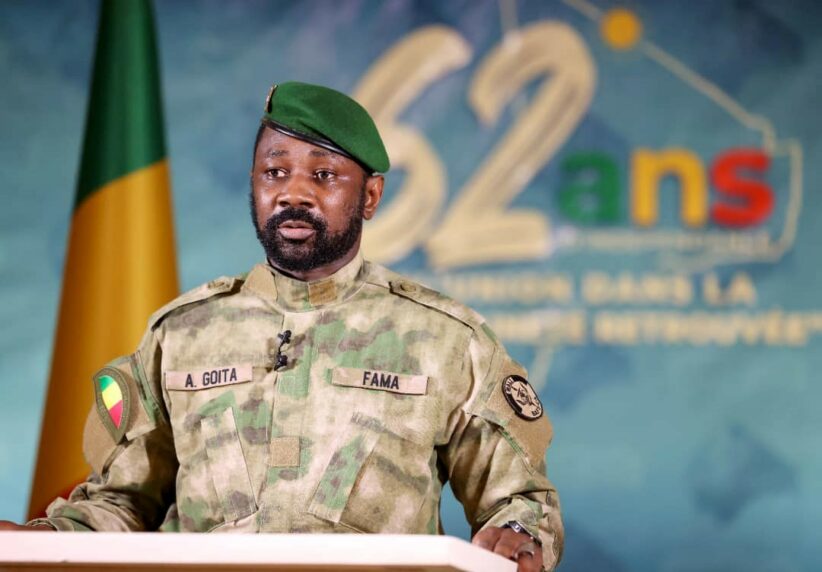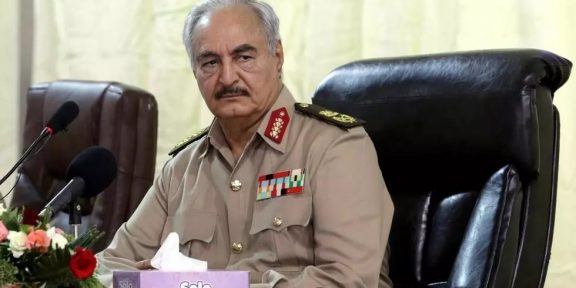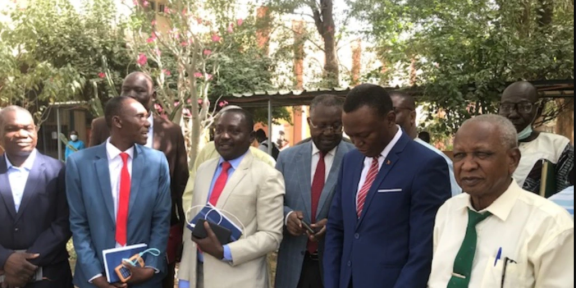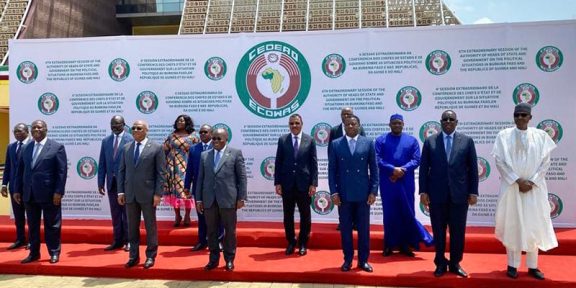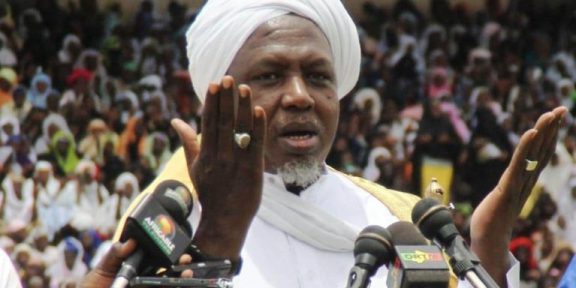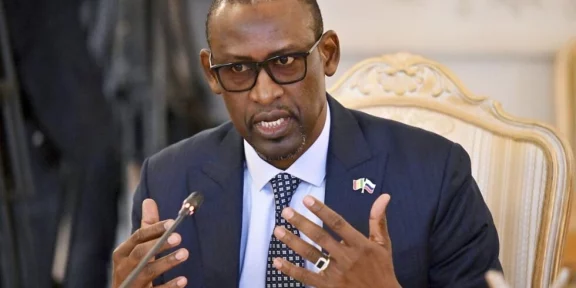The Friedrich-Ebert-Stiftung (FES) has published the results of the 15th edition of the “Mali-Mètre” opinion survey, conducted in Mali since the end of 2012. Data collection for this edition took place from January 5 to 17, 2024 with the aim of collecting the opinions of Malians on a range of socio-political themes. 2,055 people aged 18 and over, distributed between the District of Bamako and 9 regional capitals, participated in the survey.
“Mali-Mètre” 2024 is part of a particular context and addresses the main themes of socio-political news in Mali: the evolution of the general situation in the country, the current political transition; the challenges and priorities of the transitional authorities; the stabilization and security of Mali; partnerships as well as upcoming electoral deadlines.
Regarding the general situation in the country, the results showed that for four out of five Malians (81%), the general situation in the country has improved over the last twelve months. Thus, the Malians interviewed have a very positive opinion of the development of the country.
Yet a number of challenges persist. Among the major concerns of Malians is security (60%), which is still considered the most important problem. However, Malians believe that the security situation in the country has considerably improved (65%). This is a main reason given by people who believe that the general situation in the country has improved. For 11% of Malians the main reason is territorial integrity.
During the survey, Malians expressed great satisfaction and confidence in the management of the transition. In fact, more than nine out of ten Malians are satisfied with the management of the transition, and it is especially the president, Assimi Goïta, who enjoys a high satisfaction rate. The transition process continues to benefit from great confidence. This is explained, among other things, by developments in the north of the country, in particular the capture of Kidal by the Malian army, which are considered positive. In addition, the majority of Malians are in favor of the departure of MINUSMA (81% very favorable and 11% rather favorable) from the country. It should also be noted that Malians are generally satisfied with cooperation between Mali and Russia (83% very satisfied and 15% rather satisfied). Furthermore, 97% of those questioned trust Russia to help Mali regain its territorial integrity.
Regarding the country’s defense and security forces, almost all Malian citizens (99%) say they are satisfied with their work.
An important question in this survey concerns the attitude of Malian citizens towards the postponement of the presidential elections, which were to take place this year 2024. Analysis of the results shows that more than four out of ten Malians (87%) approve of the decision to postpone the elections. All regions have a mostly positive view of this decision.
Regarding the duration of this postponement, 26% of respondents believe that the postponement should last more than three years and 13% propose a duration of two to three years for the postponement of the elections. However, for almost a third of those questioned (26%), the postponement should not exceed two years. As for the actual holding of elections in 2024, seven out of ten Malians think it is unlikely (32% unlikely and 40% not at all likely). Thus, the majority of those questioned do not consider the end of the transition process through elections this year to be realistic.
Based on the overall results of this “Mali-Mètre” opinion survey, we can see that the actors of the Malian transition are accredited with a high rate of satisfaction from those surveyed, especially the president of the transition, colonel Assimi Goïta. And taking into account the significant improvement in the security situation in Mali, noted by the citizens interviewed, it can be assumed that Assimi Goïta will soon restore security in the country in order to organize presidential elections and transfer power to a leader democratically elected.

